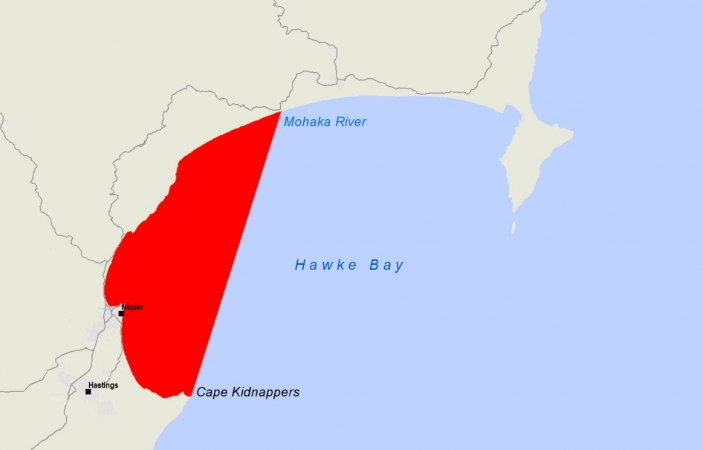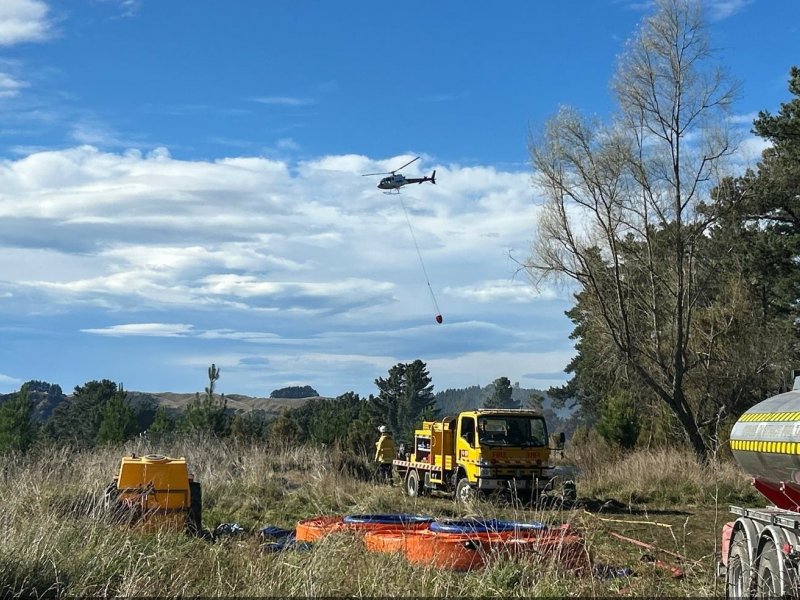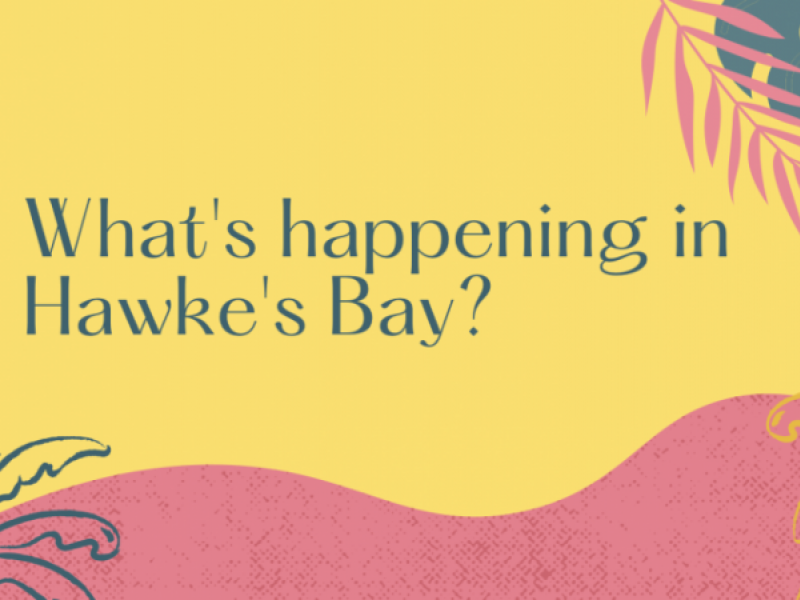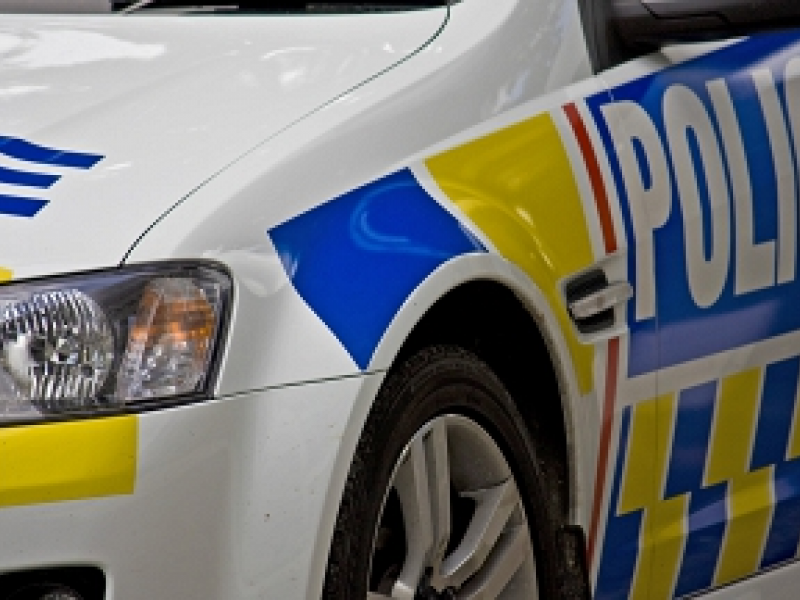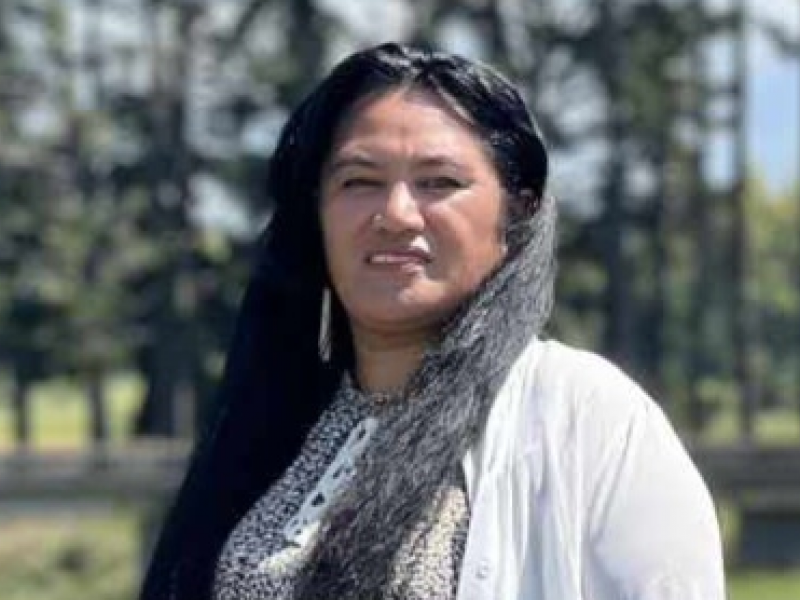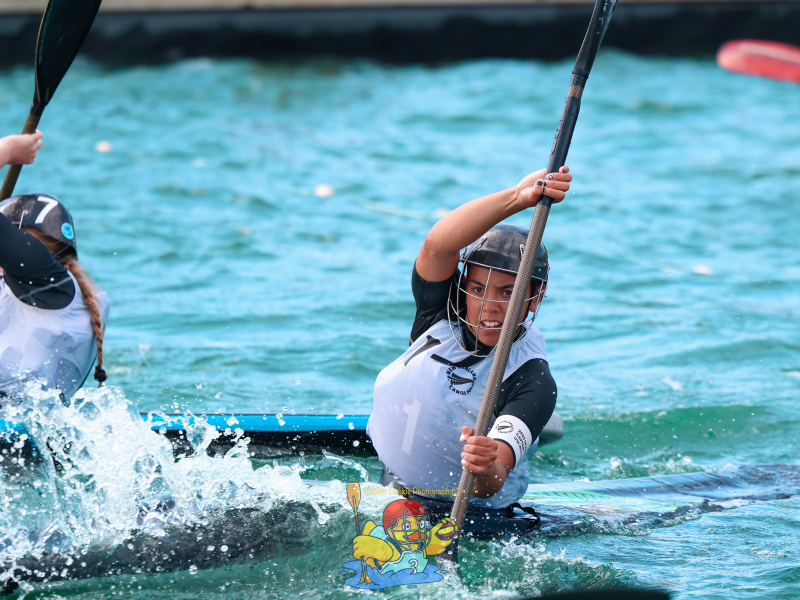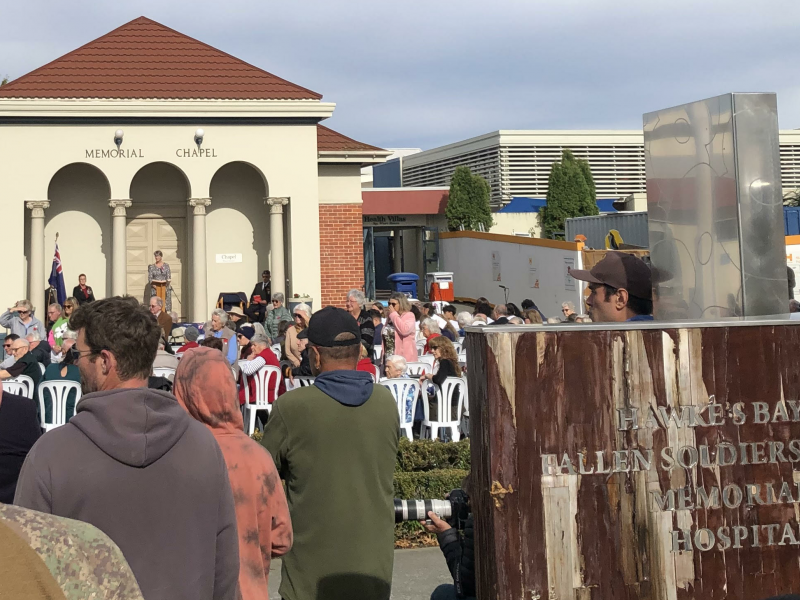MPI issues public health warning after high toxin levels found in Hawke's Bay shellfish
The Ministry for Primary Industries (MPI) has issued a warning to the public against collecting shellfish in Hawke's Bay due to high toxin levels detected in shellfish samples from Pania Reef.
In a statement today, MPI said routine tests on shellfish samples taken from this region have shown levels of Paralytic Shellfish Poisoning (PSP) toxins above the safe limit of 0.8 mg/kg.
The warning extends from the Mohaka River mouth to the top of Cape Kidnappers. Shellfish including mussels, oysters, tuatua, pipi, toheroa, cockles, scallops, catseyes, kina (sea urchin), and all other bivalve shellfish should not be eaten if collected from within the affected area.
MPI says cooking shellfish does not remove the toxin.
Pāua, crab, and crayfish may still be eaten if the gut has been completely removed prior to cooking, as toxins accumulate in the gut. If the gut is not removed its contents could contaminate the meat during the cooking process.
Symptoms typically appear between 10 minutes and 3 hours after ingestion and may include: numbness and a tingling (prickly feeling) around the mouth, face, and extremities (hands and feet); difficulty swallowing or breathing; dizziness; headache; nausea; vomiting; diarrhoea; paralysis and respiratory failure, and in severe cases, death.
MPI says Monitoring of toxin levels will continue and any changes will be communicated accordingly.
Anyone who becomes ill after eating shellfish from an area where a public health warning has been issued is advised to phone Healthline for advice on 0800 61 11 16, or seek medical attention immediately.

